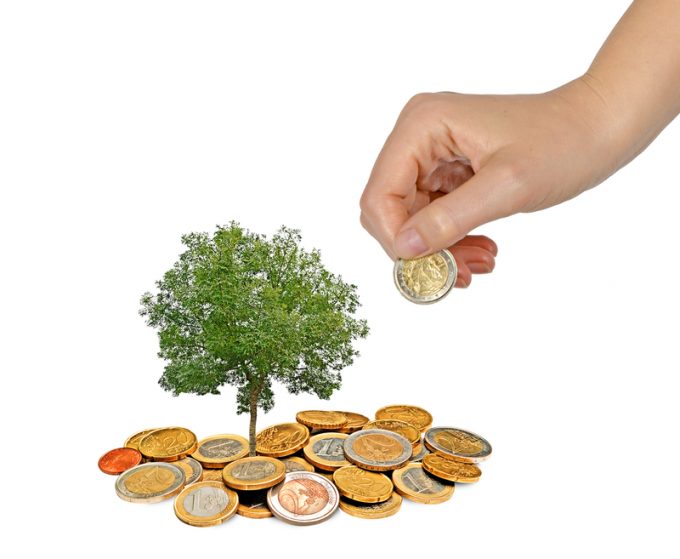Container spot rates have peaked as all major trades see prices fall
There was more evidence in this week’s container port freight markets that peak prices on ...
TFII: SOLID AS USUALMAERSK: WEAKENINGF: FALLING OFF A CLIFFAAPL: 'BOTTLENECK IN MAINLAND CHINA'AAPL: CHINA TRENDSDHL: GROWTH CAPEXR: ANOTHER SOLID DELIVERYMFT: HERE COMES THE FALLDSV: LOOK AT SCHENKER PERFORMANCEUPS: A WAVE OF DOWNGRADES DSV: BARGAIN BINKNX: EARNINGS OUTODFL: RISING AND FALLING AND THEN RISING
TFII: SOLID AS USUALMAERSK: WEAKENINGF: FALLING OFF A CLIFFAAPL: 'BOTTLENECK IN MAINLAND CHINA'AAPL: CHINA TRENDSDHL: GROWTH CAPEXR: ANOTHER SOLID DELIVERYMFT: HERE COMES THE FALLDSV: LOOK AT SCHENKER PERFORMANCEUPS: A WAVE OF DOWNGRADES DSV: BARGAIN BINKNX: EARNINGS OUTODFL: RISING AND FALLING AND THEN RISING

Digital forwarder Forto will offer climate-neutral solutions across its portfolio by 2025 – but it already has a good take-up of its carbon offset programme, despite higher costs for customers.
The company has pledged to offer to compensate the CO₂ of every customer, and is working with Planetly to measure and analyse the carbon footprint of the transport booked by customers, in order to identify inefficiencies and reduce emissions.
Its partnership with carbon management firm Planetly also enables customers to offset non-avoidable emissions through selected climate projects, to become climate neutral.
Forto charges customers €11 per tonne of CO₂ for carbon offsets, and has committed to offsetting an additional tonne. It has also implemented an ‘opt out’ rather than ‘opt in’ scheme.
“We are strongly pushing climate-neutral transport already today. Our goal is to reach climate neutrality for 100% of transport by 2025,” CEO Michael Wax told The Loadstar.
So far, he added, customers have been keen, and the majority have not opted out.
“Most of our customers have joined our programme. We already offer carbon offsets for all shipments today – by default and with no additional charge for sea LCL. There is an opt-out for sea FCL, and an opt-in for air/rail. Our main focus is on FCL sea, since this currently makes up the biggest part of our business.
“However, we are also trying to make a strong push in air and rail. After all, we have a goal we want to reach,” he said.
Carbon offsetting – while a step in the right direction – is not the final answer to the problem of climate change, but Mr Wax said Forto also had an eye on new fuels, but that would not affect the choice of transport provider as yet.
“Our mid- to long-term goal is to reduce emissions as much as possible, and we are investigating several measures, including sustainable fuels.
“There are currently no plans to exclude partners that do not have a strong sustainability programme. Our goal is to work with our partners to make logistics more sustainable. However, we believe that those with a strong sustainability positioning, will have an advantage in future logistics.”
The move comes as companies, both big and small, across the logistics sector begin to push sustainable solutions.
Soren Toft, chief executive of MSC, today published an interview with Bud Dar, EVP maritime policy and government affairs for MSC, which calls for industry collaboration on a sustainable future.
“It takes a community,” said Mr Dar. “We rely on partnerships. It’s extremely important to work with energy providers – the most important solutions will be on the fuel side.
“We have to decarbonise, and we have to do it on a faster timeline than even seems possible right now.”
Comment on this article